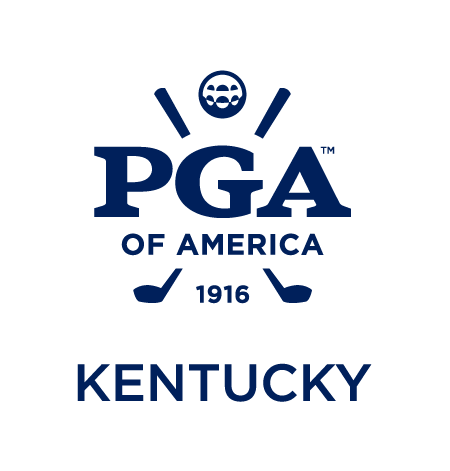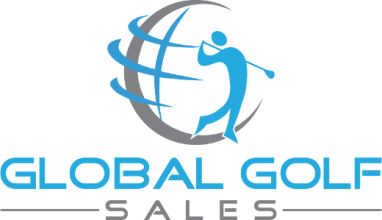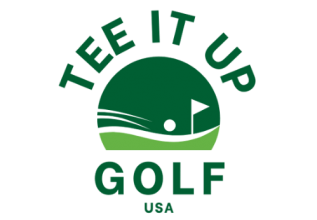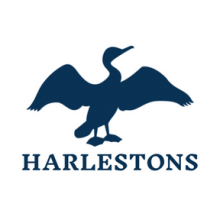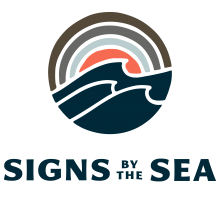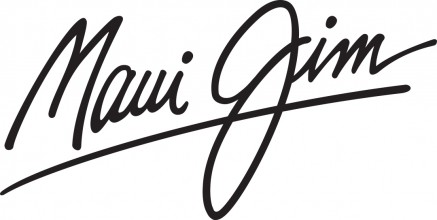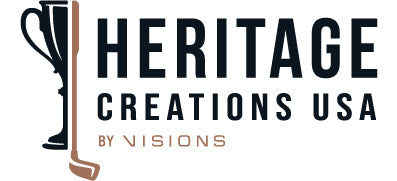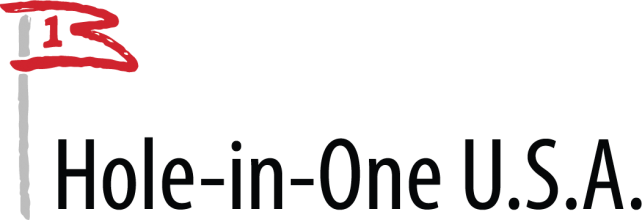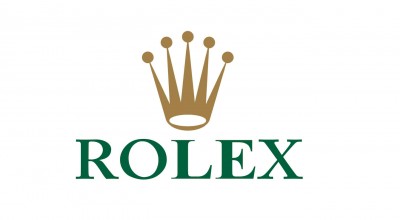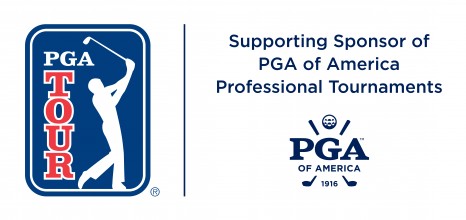BACKGROUND
It is a fact that suicide is a major issue among military Veterans, with recent statistical studies showing that 22 Veterans a day commit suicide. PGA HOPE is working to change this statistic.
Participants of PGA HOPE programs include military Veterans living with physical or cognitive challenges such as Traumatic Brain Injury (TBI), Post-Traumatic Stress Disorder (PTSD) and amputees, among other challenges.
The Department of Veterans Affairs research and clinical experience verify that physical activity is important to maintaining good health, speeding recovery and improving overall quality of life. For many injured Veterans, adaptive sports provide their first exposure to physical activity after injury.
PGA HOPE programming is fully funded by PGA REACH and offered at NO COST for Military Veterans.
PGA HOPE has a Memorandum of Understanding (MOU) with the Department of Veterans Affairs, which enables Recreational Therapists to refer Veterans to the PGA HOPE program as a form of therapy.
TESTIMONIALS FROM PGA HOPE KENTUCKY GRADUATES
"PGA HOPE has offered a life-changing experience of learning golf, meeting Veterans like me, experiencing another piece of the VA's holistic healing plan for us, and making me feel like I am never alone!" ~Adrian Arnold
"I got more than I bargained for when I joined PGA HOPE. It has impacted me because I've met many Veterans who had similar experiences like my own. Not only is it therapeutic, but the opportunity to listen and offer help to those that just needed someone who understands what we as Veterans go through when returning to the civilian sector of life is invaluable." ~Roth Coleman
"PGA HOPE is probably the biggest motivation I've found. I wouldn't say I was in a state of depression before I was in PGA HOPE, but I went to a session trying to get some of my mobility back and regain some of my physical attributes. Right away, I got challenged by my PGA Professional to try these different skills. The next day, I was swinging a golf club hundreds of times because I wanted to get better as a golfer and an athlete. I got hooked on golf, learned so many things about myself, and made some tremendous friends that I wouldn't have met without PGA HOPE." ~Gregory Mack, Jr.
"PGA HOPE has impacted me in various ways, one being the comradery with fellow Veterans who share similar stories. As a Veteran counselor and clinician, I work with a variety of people suffering from the effects of PTSD, depression, anxiety and other mental health conditions that are worsened by alcohol and drug abuse. PGA HOPE gives ME hope that fellow Veterans can get together in an alternate setting with common goals that are not subject to the environmental conditions normally associated with Veterans who suffer mentally, physically, emotionally, spiritually and volitionally." ~Junior Mondie
"PGA HOPE changed the way I see golf. The game of golf mirrors life. You have great days and bad days, both on the course as well as in life. Even in our worst golf outing, at the end we always say we can't wait to get back out there and do it again tomorrow. This is also the same message I tell ourselves when we have a bad day in life. We will get up and have a better tomorrow. The first clinic I went to and saw how PGA Professionals can help Veterans with disabilities was just amazing and I told myself this was a program that I could support and stand behind." ~Jen Nunez
"I can see a golf ball, but I can't track it or see where it goes after I hit it. I'm able to play with a pro or another Veteran in PGA HOPE though and they're able to point out to me where it went. It changed me from a person who would hit a golf ball to a person who could be good at golf. We work with one another and it feels similar to the camaraderie developed in the service. It feels so good helping others who went through the same things you did." ~Ted Palmer
